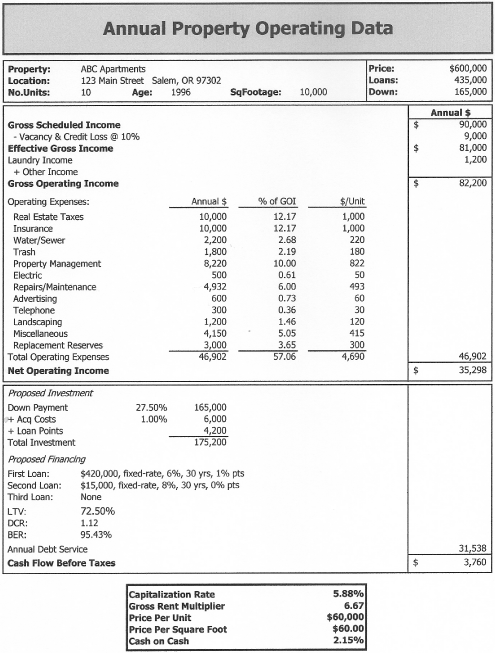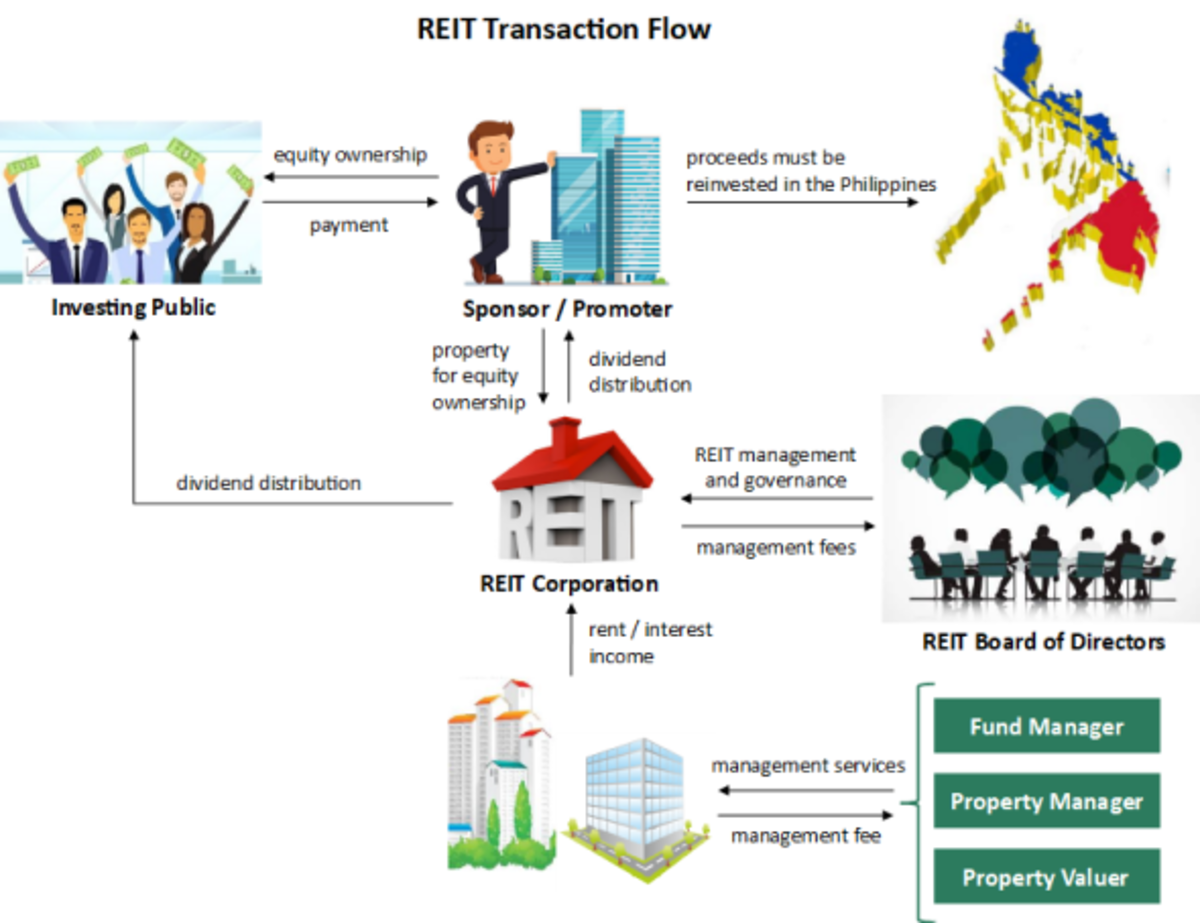Top 5 Real Estate Investing Terms Every Novice To Real Estate Investment Property Should Know
When I first started to service real estate investment property, I soon discovered that real estate investing has a host of terms that are foreign to a novice just entering the world of investment real estate.
They were unlike any term I used to sell residential real estate. They were conceptually foreign to me. In fact, the first time I first heard some of these terms used, I might as well have been in downtown Barcelona trying to interpret instructions on how to get to the Placa Catalunya (What did you say?).
But over time these terms along with many other terms and methods associated with real estate investing became old hat. Hey, since then I've even taught many of these terms to colleagues just starting in with real estate investment properties as well (Who would have guessed?).
Anyway, it seemed like a good idea to share what I learned with you. It never hurts to assist a novice to real estate investing is what I always say.
In this article, I've chosen five of the more commonly used yet often misunderstood terms to get you started on the right foot. Hopefully it will spare you the same embarrassment I had to endure as a novice to real estate investment property.

APOD
This is a classic choker.
The one term anyone new to real estate investing will have absolutely no idea.
Hint, even if you did a Google search for the term APOD, you won’t find the correct meaning for any page soon.
An APOD is an acronym for annual property operating data.
It is far and away one of the most popular reports used in real estate analysis. Mostly because it's so concise. In fact, it's been dubbed as a "mini proforma income statement".
On just one page, for instance, it essentially gives a "snapshot" of a rental property’s income and expense performance during the first year of ownership. Thus offering a real estate investor or investment analyst a good "first-glance" look at a rental property’s financial performance for the first year.
Gross Scheduled Income
Gross scheduled income (or GSI) is the total annual rental income an income property would generate if all the rentable space were 100% occupied and all rent collected.
Sometimes labeled as "potential gross income" in some real estate analysis reports, gross scheduled income is just an estimate intended to show the maximum potential income without regard to any vacancy or credit losses.
The problem facing most newbies to real estate investment is knowing what to do when the the property does have vacancies.
In this case, you would just enter the the rental income generated by the units that are rented PLUS the income that would be generated if the vacant units were rented and generating rental income at the current market rental price.
Operating Expenses
The operating expenses include those costs associated with keeping a rental property in service.
Among others, operating expenses include costs for routine maintenance and repair, utilities, property taxes, insurance, and management fees.
They do not, however, include the mortgage payment (or debt service), income taxes owed by the investor because of owning the subject investment, or allowances for depreciation.
Net Operating Income
Net operating income (NOI) is a property’s income after being reduced by vacancy and credit loss and all operating expenses. The reason it’s on this list is due to the role it plays in the calculation for cap rate (a return almost anyone who starts selling rental properties has undoubtedly heard, i.e., net operating income divided by a rental property’s sale price equals cap rate).
But it’s equally important for beginners to understand why NOI is a component of the cap rate computation, moreover, why it’s important to lenders. Net operating income is the amount of income generated by the rental property that services the loan payment and in fact would be the cash flow (before taxes) if the property were owned outright.
Cash Flow. Before and After Tax
The cash flow generated by a rental property is, of course, the rhyme and reason behind investing in real estate in the first place. No prudent real estate investor is about to risk his/or hers nest egg unless the income property is profitable.
Cash flow before tax (CFBT) represents the amount of income left over after the loan payment is deducted from the net operating income. The shortcoming here is that it does not take into account the cash flow the investor would receive after adjusting for income taxes and tax shelter.
Cash flow after tax (CFAT) signifies the cash flow available after debt service and after adjusting for income taxes and tax shelter. It has nothing to do with the cash flow left over after property taxes (as some who are new to real investing believe), but the cash flow a real estate investor can expect to receive after deductions are made for such things as depreciation and mortgage interest and adjustments are made based on whether the investor has a tax liability or loss).
About the Author
James Kobzeff is a real estate professional and the owner/developer of ProAPOD - leading real estate investment software solutions since 2000. Create cash flow, rates of return, and profitability analysis on rental property at your fingertips in minutes! Learn more at www.proapod.com
Other Articles by Author
- How to Sell Rental Income Property to Real Estate In...
Three helpful insights from an experienced real estate professional intended to help real estate agents sell rental income property to real estate investors. - Rental Property Improvements, How to Compute a Rate ...
Learn how to compute the rate of return you might receive on the money you invest for rental property improvements. - The Proforma Income Statement | How to Project Renta...
Discover why a proforma income statement is used for rental income property revenue projections. - The Present Value of a Future Cash Flow - Why Unders...
Learn the difference between present value and future value and why these time value of money concepts are crucial to your cash flow analysis of investment real estate. - Should You Manage Your Own Rental Property? What Inv...
Factors you must consider about property management before you decide to manage your own rental property. It could help you avoid possible problems later. - How to Examine Expense Ratios to Uncover Possible Pr...
Learn ways that a close examination of operating expense ratios can alert you to possible problems existing with the rental property you are considering to purchase.










